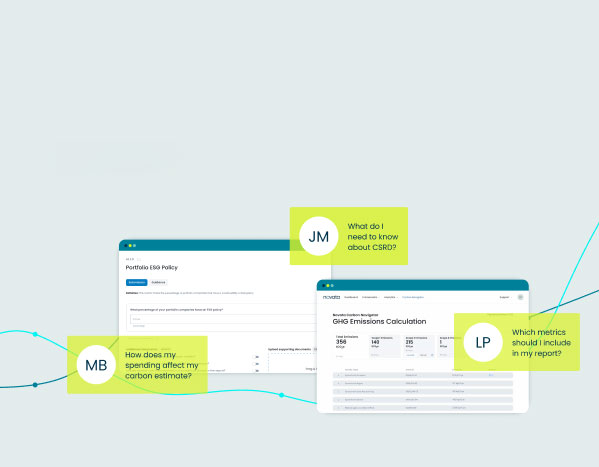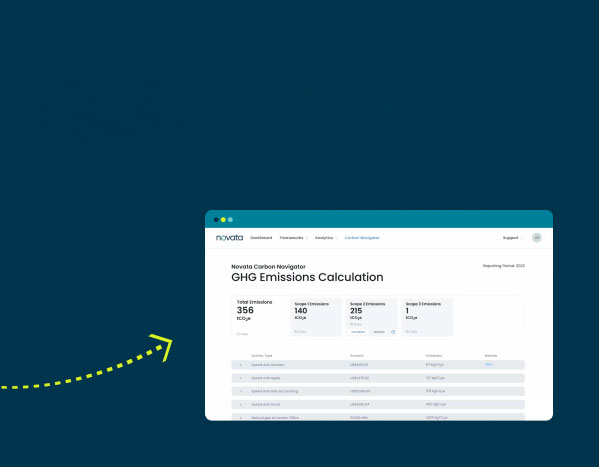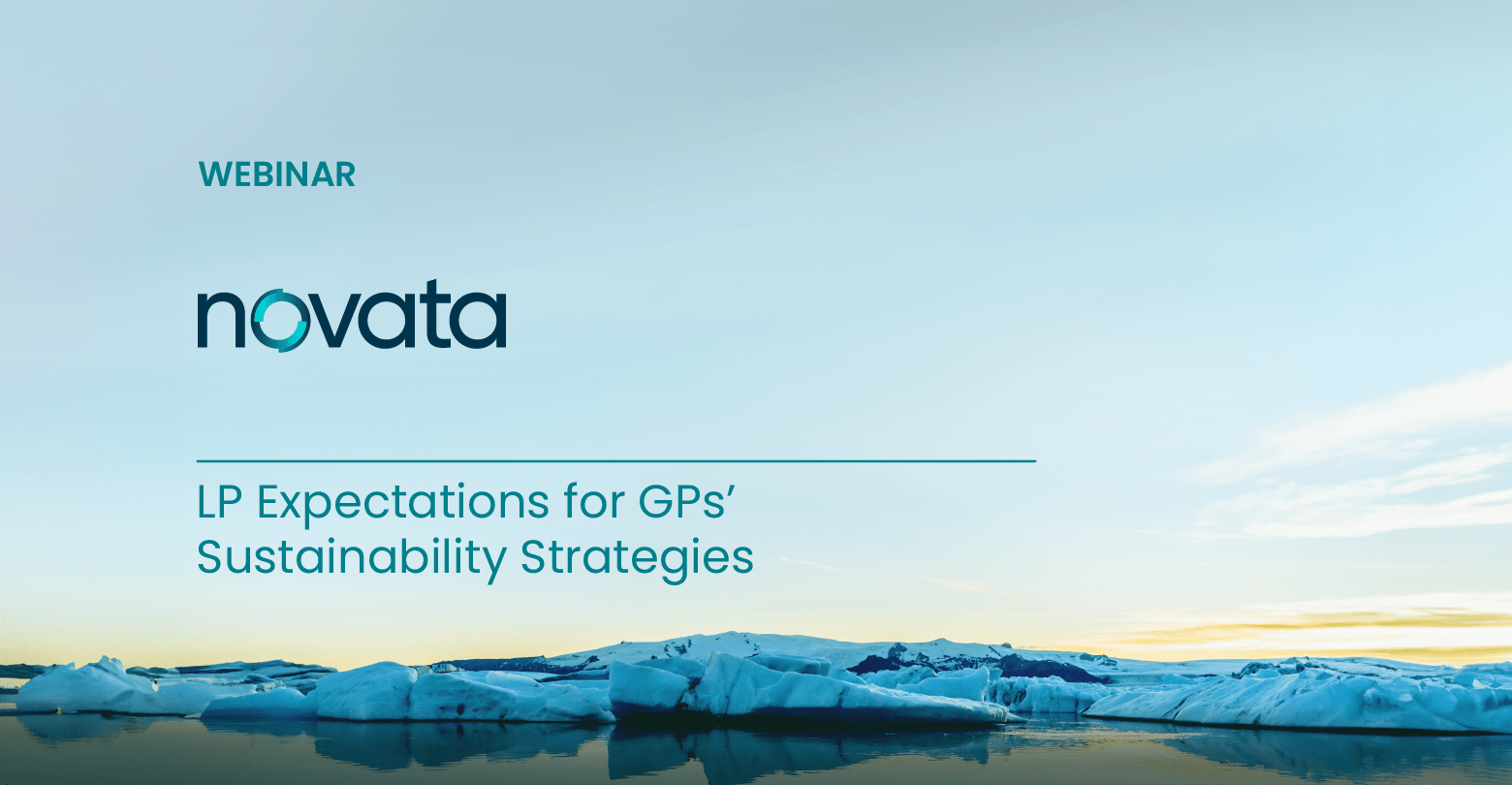This month, I had the pleasure of bringing together some of Novata’s clients, friends, and partners in Washington D.C., for an event which looked at the latest developments in carbon accounting and regulatory reporting. As a mission-driven organization, it is important to us at Novata to engage the industry on the issues that matter. We focused our conversation on the regulatory and voluntary reporting impacting the private markets. In particular, our panelists shared their expertise on the SEC’s Climate-Related Disclosures, California’s Climate Accountability Package, the EU’s Corporate Sustainability Reporting Directive, and Singapore’s climate-related disclosures.
Key takeaways from the event were:
- Determine reporting requirements, both voluntary and regulatory. This includes identifying key leaders and understanding timing of disclosures. While the SEC’s Climate-Related Disclosures no longer include the requirement to report across the value chain (Scope 3), private companies considering an IPO should consider getting the right strategy in place to collect the data. Private companies will be subject to California’s Climate Accountability Package, the EU’s Corporate Sustainability Reporting Directive, and Singapore’s climate-related disclosures.
- Get a baseline of your carbon emissions if you don’t have one already. While some of the reporting deadlines may seem far away, establishing the right controls and processes today will help you meet 2025 reporting requirements. There is a lot to learn from both accelerated filers and peers in different regions who are already disclosing in a standardized way.
- Keep your disclosures consistent across all channels. Many companies share information through various outlets. When disclosing information on your emissions, remember to streamline this reporting internally and to keep the figures consistent in your sustainability reporting, on your website, in public comments, and other forums. Many global regulators in different regions are looking to the work of the IFRS Foundation, a not-for-profit responsible for developing global accounting and sustainability disclosure standards, known as IFRS Standards. Companies using the IFRS’ work for voluntary reporting are at an advantage because of this adoption by regulators.
- Bring together a cross-functional group across your organization, to ensure you have the right access to data, skill sets for analysis, and level of seniority. Ensure that you have good communication and that you document procedures. Many global regulators are requiring assurance as part of their climate-related disclosure requirements, meaning that informal procedures are quickly becoming outdated.
- Understand that climate-related data is useful beyond risk mitigation. Our panel shared that decarbonization can be a source of value creation. It is also of interest to more investors today, who are collecting climate-risk data throughout the lifecycle of their investment.
- Engage the board. Boards have a responsibility to learn about and oversee risk generally. The SEC’s Climate-Related Disclosures ask about a company’s governance practices as it relates to climate-related risks.
Thank you to our speakers Amanda Urquiza, Satyam Khanna, Brian Appel, and Stephen Cain. This event marked our first in-person educational event in Washington D.C. and a significant step towards collaborative efforts in the private sector to address the climate crisis. Novata will continue to find opportunities to bring together the firms in our ecosystem to share ways we can innovate and create a more sustainable future for all.






